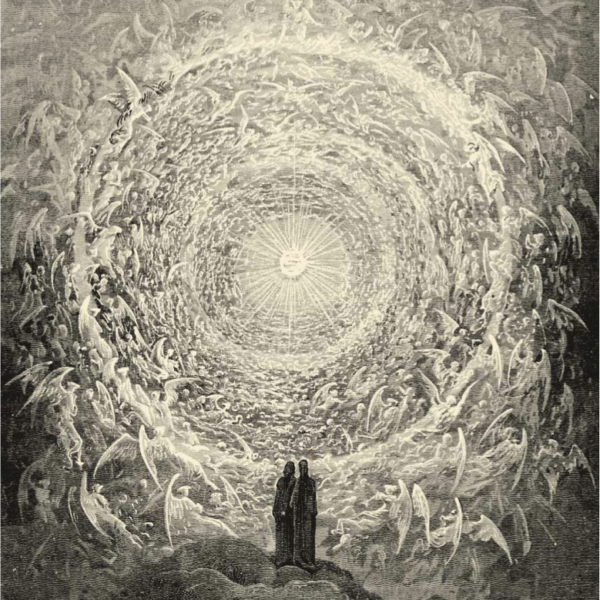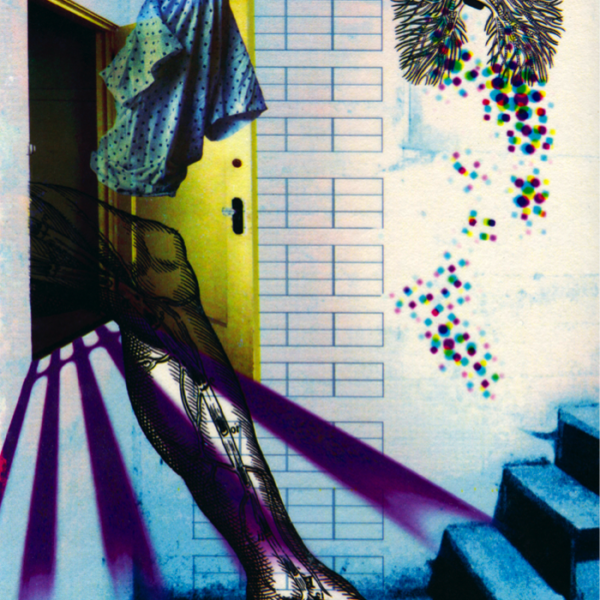
Though theologies and practices vary, many Christians commit to sacred times of relation, mutual care, and patience as a form of devotion to God’s promise of justice, believing that this promise is their work to carry out, too. In the Sabbath lives a wider, eternal perspective and sacred release from daily rhythms, obligations, and productivity, an invitation into the transcendent.

Scratch beneath the surface, and eugenic logic flows deep and wide. It is one thing to be moved by pity and engage in charity, or even to be moved by justice and seek to dismantle structural barriers that impede disabled people from flourishing. But it is quite another thing to imagine . . . how and why we might “conserve” disability against the possibility of a curative future.

The very characteristics that disabled people value about their embodiment are targeted as bodily states that will be ‘fixed’ in the resurrection. If the Kingdom of God is a place that eradicates disability, however, it may also eradicate our hard-won disability pride.
